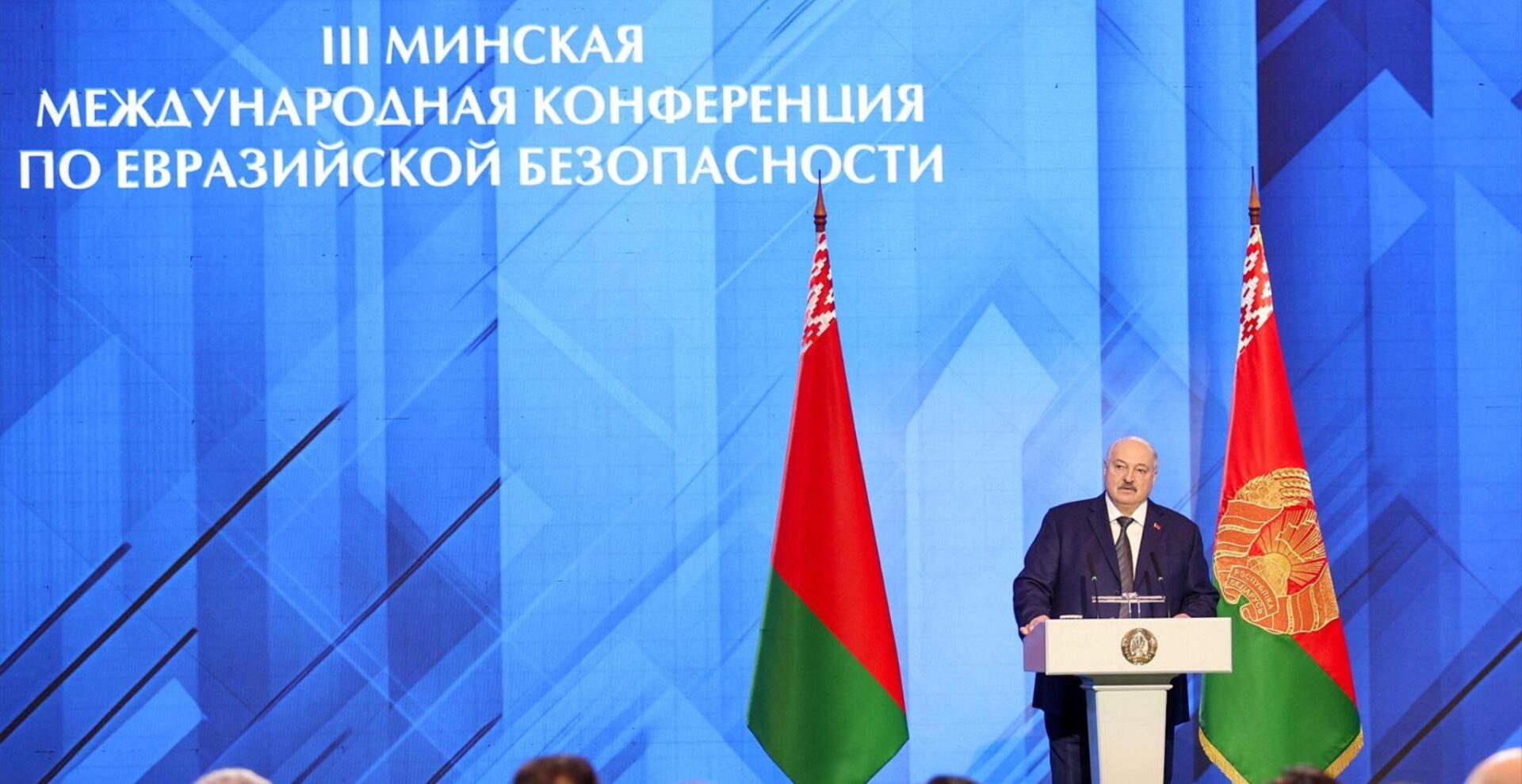Personnel Problems Impact on Russian Military Reform
Personnel Problems Impact on Russian Military Reform
Last week, during a meeting with human rights activists from the committee of soldier’s mothers as well as members of the Kremlin-approved public chamber, Defense Minister, Anatoliy Serdyukov, announced plans to “humanize” military service in Russia and “remove the inmate atmosphere from the barracks.” Serdyukov declared his plans for conscript soldiers to have a 5-day service week, and be permitted to leave their base at weekends as well as allowing those in far-flung units to have their days off aggregated into longer leave. Serdyukov promised to offer tenders for preparing soldier’s food and cleaning in the barracks to civilian catering companies (RIA Novosti, April 20).
Serdyukov’s plans to “humanize” military service seem to mimic the example of better-off conscript Western militaries. Valentina Melnikova – the executive secretary of the Union of Soldier’s Mother Committees of Russia told journalists “we support the humanization of the military and were very pleased with meeting Serdyukov.” However, Melnikova believes that giving conscripts two days off premises makes sense only if they serve not far from home, “or the commanders will never gather them back into barracks after their holidays.” Officers have expressed fear that allowing conscripts to leave units en masse for two days may lead to an increase in street crime in garrison towns and interfere with military training (Vedomosti, April 22). At present most conscripts serve based on the Russian military term – “exterritorially” – meaning many time zones and thousands of kilometers from home (Kommersant, April 22).
This week, the defense ministry told Interfax news agency that in accordance with the announced “military humanization” it is looking into the possibility of sending conscripts in 2011 to non-combat support and basic military training units based in their home regions. Still, combat brigades will continue to be formed using the traditional method of “exterritorial formation” by intentionally mixing conscripts from different regions. Officers, contract sergeants and soldiers will be sent to serve far from home (Interfax, April 28). Russia is territorially huge (compared to Switzerland or Israel), so placing a soldier relatively close to home is not always possible. However, the policy of “exterritorial formation” of military units was created during communist rule, mostly to prevent unit cohesion with the local populace that could promote anti-regime rebellions and armed separatism. This policy is the direct opposite of the British regimental system that inspires unit cohesion through maximum connection with specific local communities. Within Russia “exterritorial formation” is still considered an important guarantee of regime loyalty: non-combat units may be allowed to be “territorial,” but in combat brigades servicemen must be mixed. As a result, some soldiers will be able to go home regularly, while others from the same unit will not. This will hardly promote unit cohesion and better discipline.
Hundreds of billions of rubles were spent in 2004-2007 under a special federal program to enlist 130,000 new contract soldiers to form the backbone of an all-volunteer force, but only 9,000 actually joined (Kommersant, February 26). Last week, Serdyukov acknowledged that plans to fill the ranks of the Russian military with volunteer contract soldiers has utterly failed: “We do not have the money to obtain the recruits we want, so instead of 150,000 contract soldiers we will have 90,000 to 100,000.” Serdyukov announced that kontraktniki must “receive the same pay as officers” (RIA Novosti, April 20). The defense ministry has stated that next month it will introduce legislation to the Duma to substantially increase military pay, “so a battalion commander will receive more than $3,000 a month” (RIA Novosti, April 22). More pay will surely provide greater numbers of volunteers ready to serve, but this does not mean their quality will drastically increase, especially since no plans were announced to create a professional recruiting service.
Today over 38,000 serving contract soldiers and sergeants are middle-aged family women with children (average age – 36). In 2001, there were over 70,000 mother-soldiers in the Russian military and most of them were officer’s wives serving in the same units with their husbands to bring a second salary into the family in neighborhoods where other employment is scarce (RIA Novosti, April 1). The women soldiers are ready to serve for less pay, often more disciplined than male kontraktniki and less prone to drinking liters of vodka while at arms, but they are never sent to war zones.
With the number of officers being reduced to 150,000 and kontraktniki to fewer than 100,000 the defense ministry will, in the foreseeable future, rely increasingly on conscripts to fill the ranks. In 2009 over 600,000 conscripts were drafted for one year. It has been officially promised that “there are no plans to increase conscript service” (Interfax, April 20). Yet, from 2012 to 2025 there will be less than 600,000 males reaching 18 years of age each year and at least 30 percent of them are released from serving due to medical reasons. In Moscow last year, while only 22 percent of enlisted conscripts were 18 years old, 46 percent were university and college graduates born during the Russian baby boom of the mid 1980’s (RIA Novosti, March 25).
The defense ministry plans to manage to fill the ranks with the help of university and college graduates of the 1980’s baby boom till 2012, when, after the presidential elections either the number of kontraktniki will grow, or conscript service will be increased to two years or more. However, today the number of draft-dodgers is more than 100,000 and growing (Interfax, February 2). Serdyukov’s announced “military humanization” seems to be aimed, primarily, at persuading the better educated and wealthy conscripts not to be afraid of the army and not to dodge the draft to avoid a possible acute personnel crisis well before 2012. At the same time, these pragmatic concerns could actually begin to change for the better the face of the Russian military.


